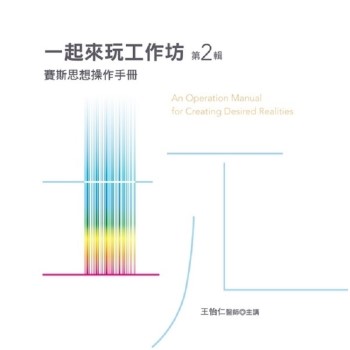Atheists have created some myths - about themselves, about Christians, about society - to deal in part with questions that arise as implications of the "There is no God" decision. But are those myths true? This book examines those issues. It also suggests questions atheists need to be addressing once they get past the "so now what?" stage: Do I really have the freedom of choice to make my personal decisions? If God doesn’t constrain our choices, what does? What are our morals and values, and where do they come from? What really is sacred? Why? Would Moses, Jesus, Mohammed or Buddha look at the religions and say, "Yup, that’s what I intended all along. Good job!" How did we end up as this dysfunctional based on what appear to be some fundamentally good ideas? What can that tell us about our situation now? Finally, if we are not to have faith in God, is faith itself closed to us? If not, what, exactly does that mean, and how can we use faith properly?
| FindBook |
有 1 項符合
Anselm’s Gambit的圖書 |
 |
Anselm’s Gambit 作者:Talley 出版社:Lulu.com 出版日期:2011-12-02 語言:英文 規格:平裝 / 206頁 / 22.86 x 15.24 x 1.19 cm / 普通級/ 初版 |
| 圖書館借閱 |
| 國家圖書館 | 全國圖書書目資訊網 | 國立公共資訊圖書館 | 電子書服務平台 | MetaCat 跨館整合查詢 |
| 臺北市立圖書館 | 新北市立圖書館 | 基隆市公共圖書館 | 桃園市立圖書館 | 新竹縣公共圖書館 |
| 苗栗縣立圖書館 | 臺中市立圖書館 | 彰化縣公共圖書館 | 南投縣文化局 | 雲林縣公共圖書館 |
| 嘉義縣圖書館 | 臺南市立圖書館 | 高雄市立圖書館 | 屏東縣公共圖書館 | 宜蘭縣公共圖書館 |
| 花蓮縣文化局 | 臺東縣文化處 |
|
|
圖書介紹 - 資料來源:博客來 評分:
圖書名稱:Anselm’s Gambit
|










